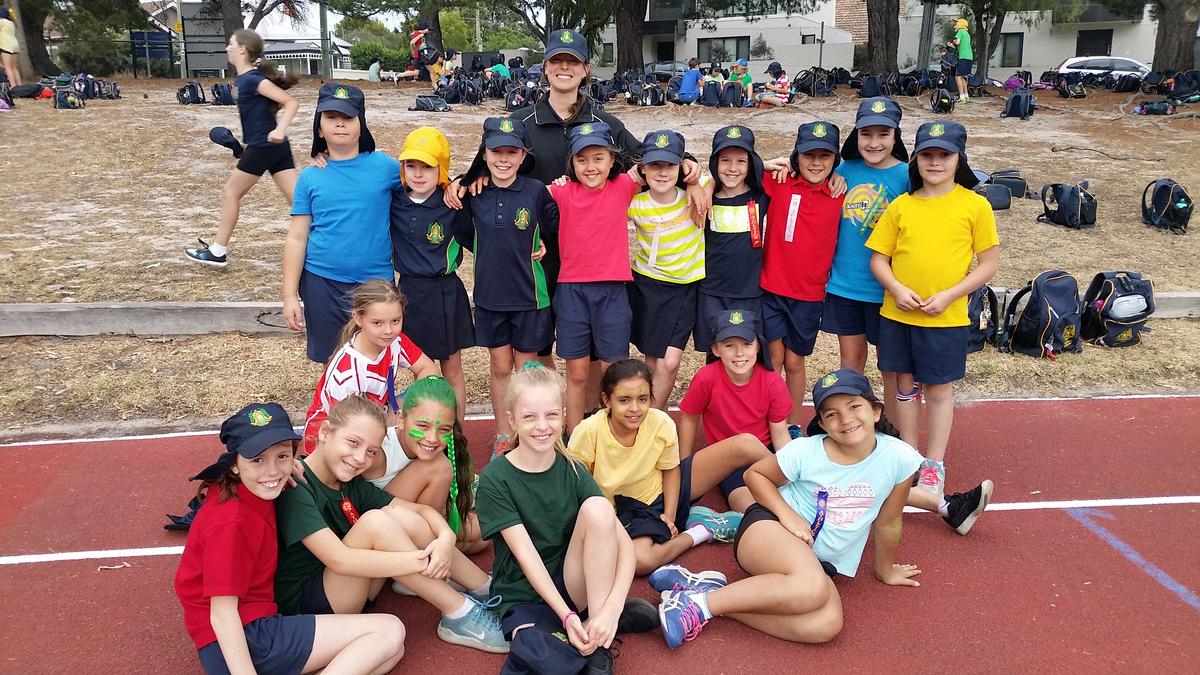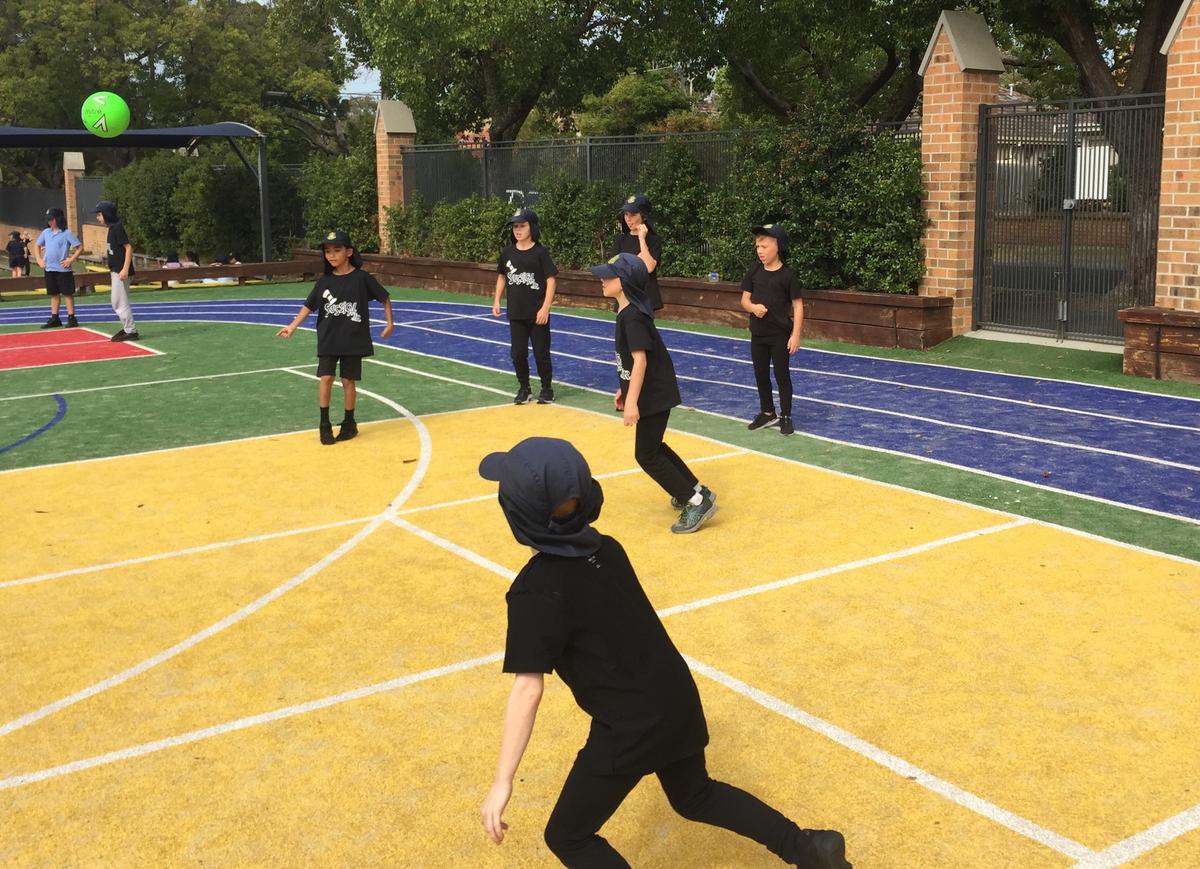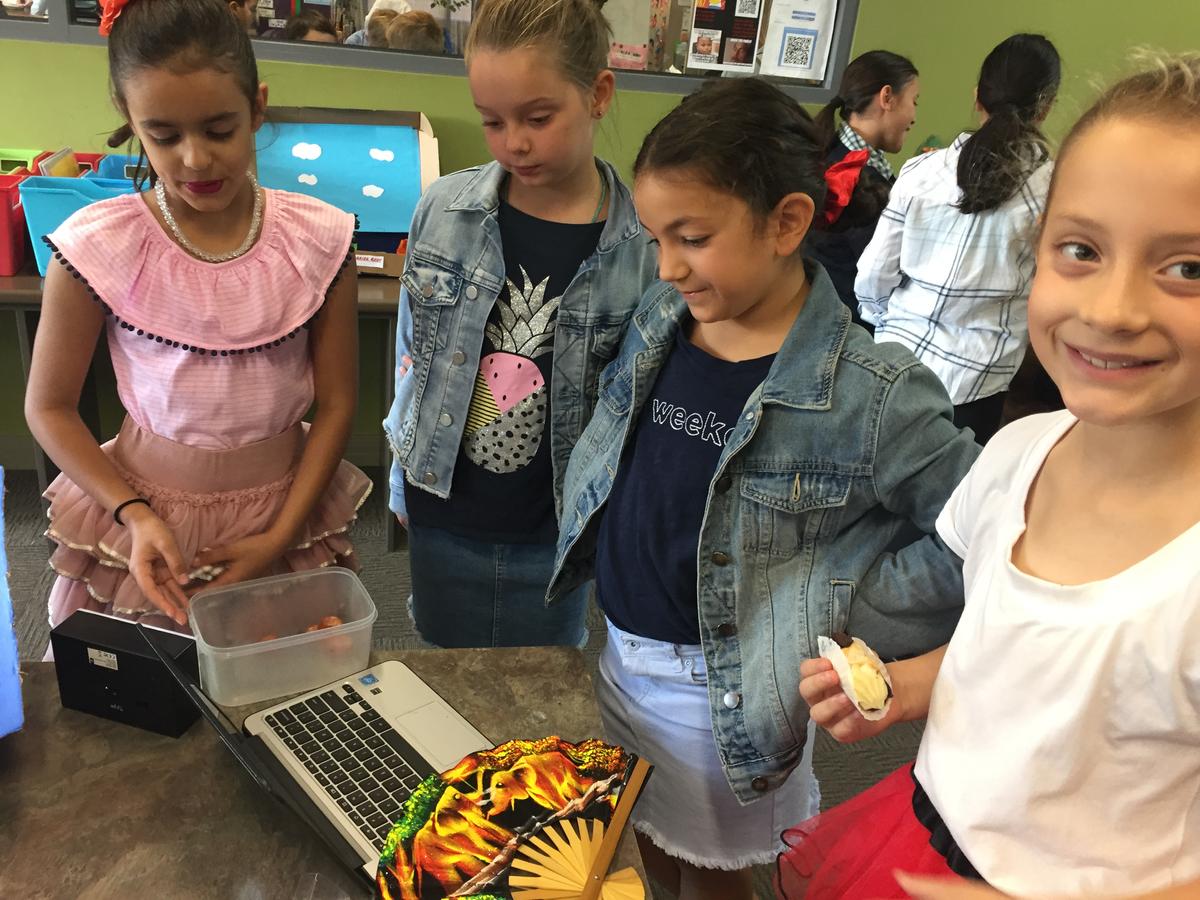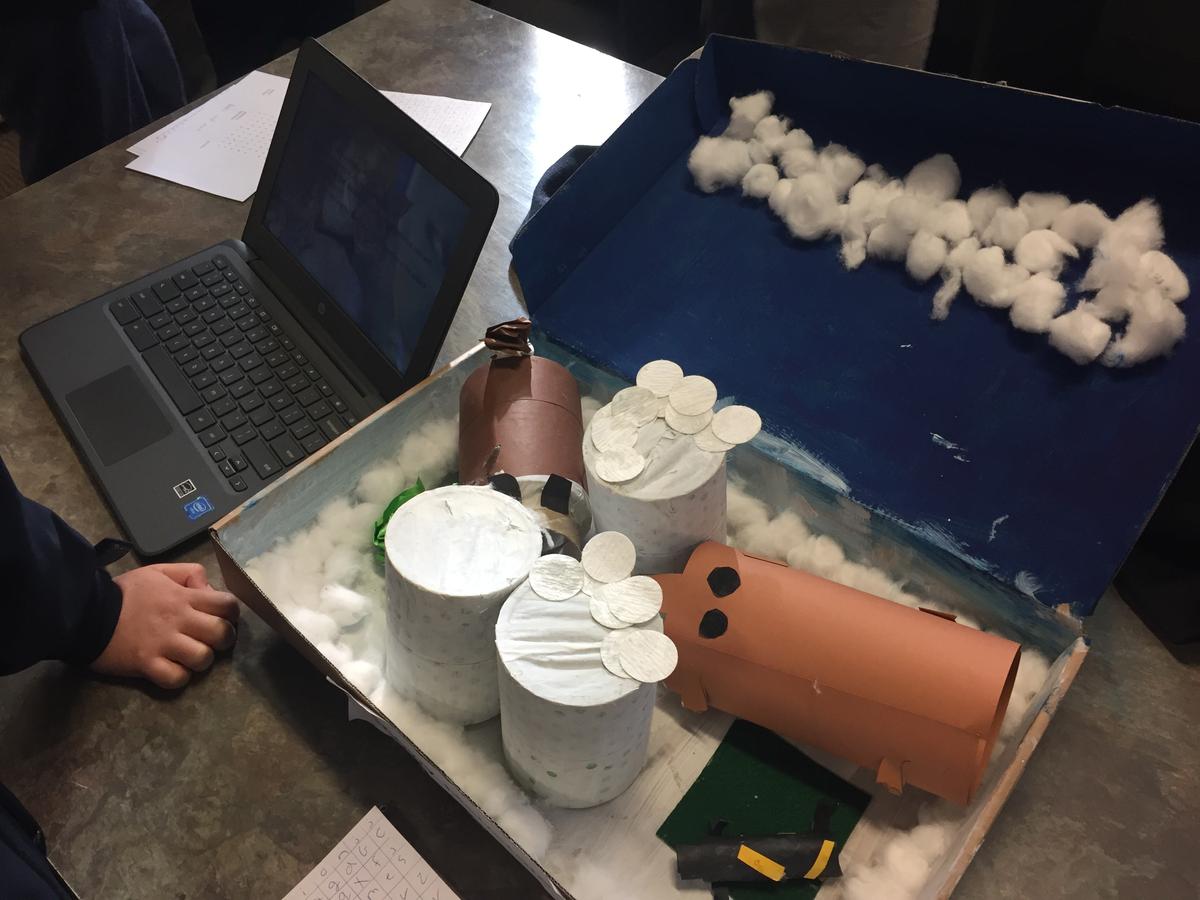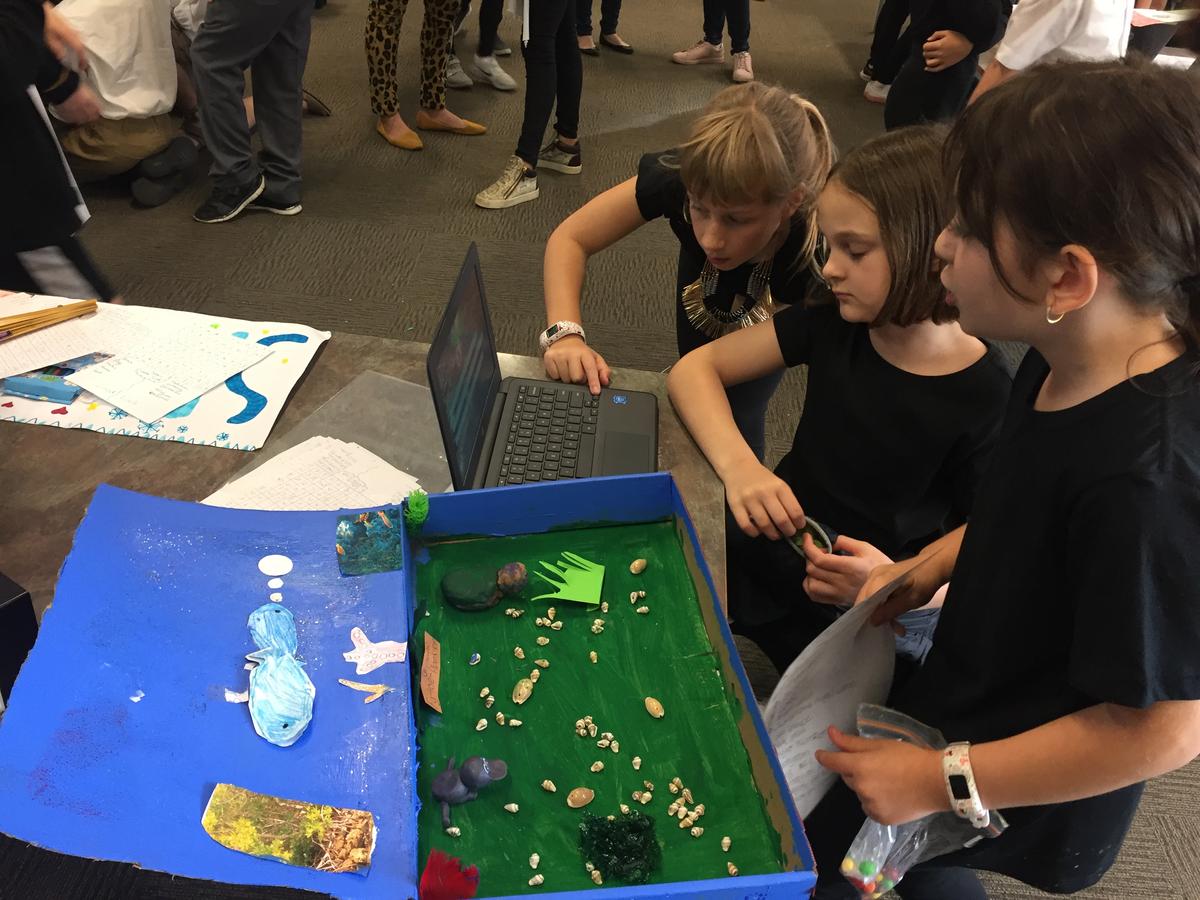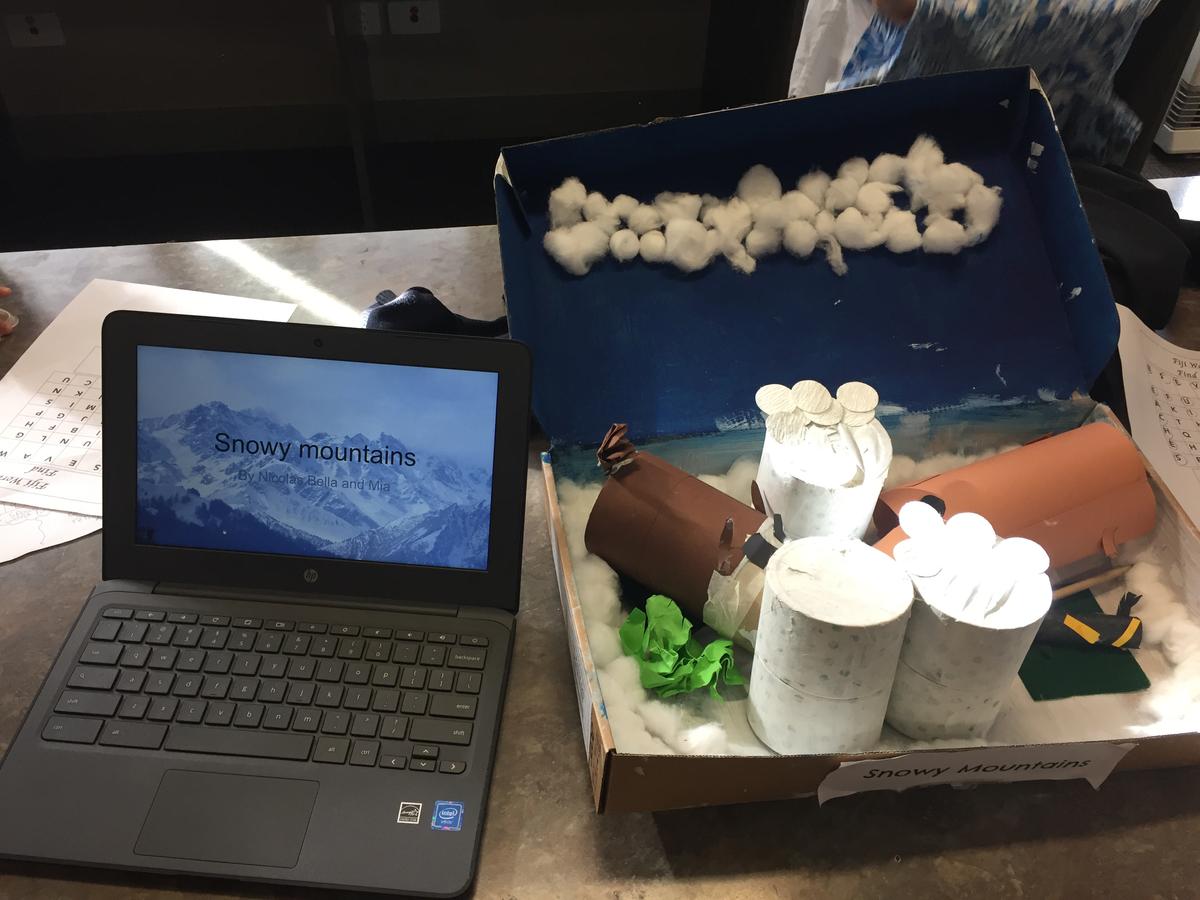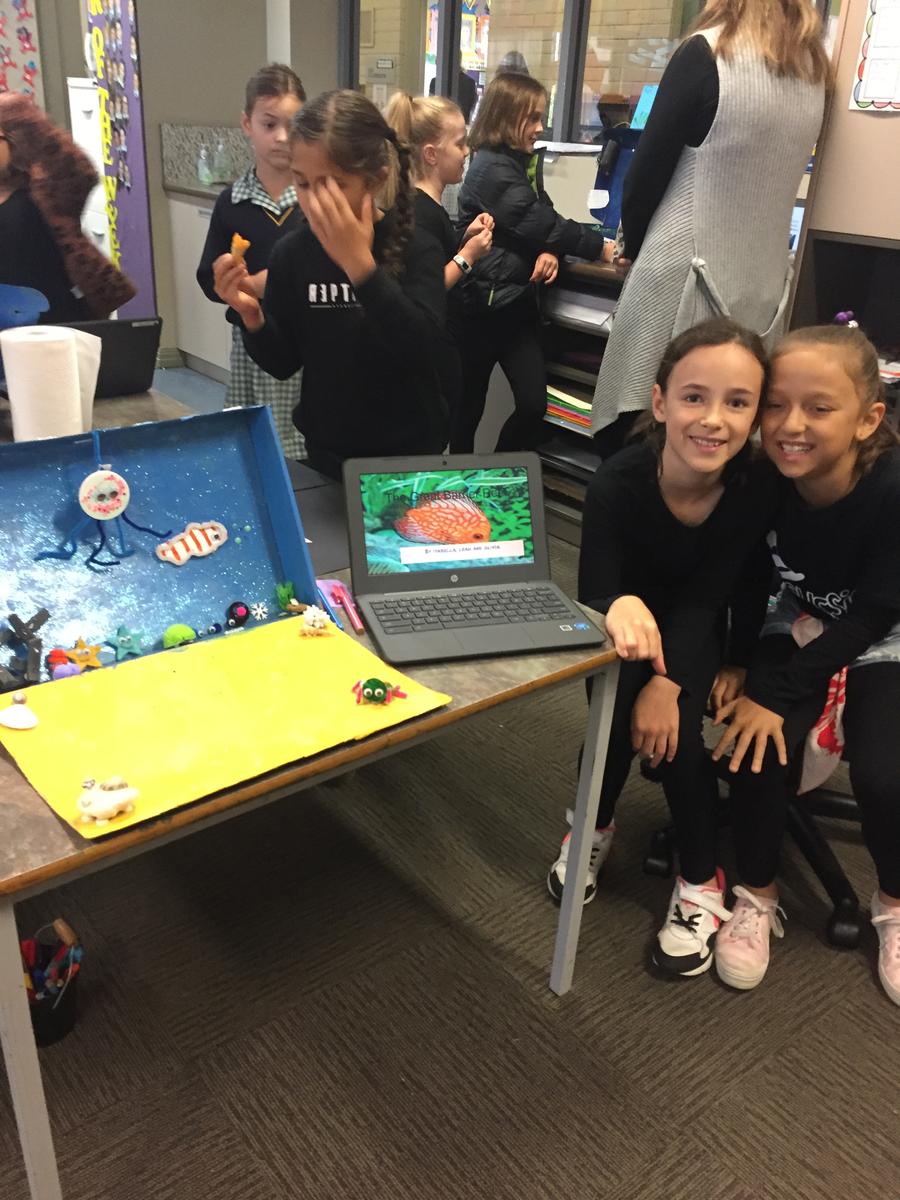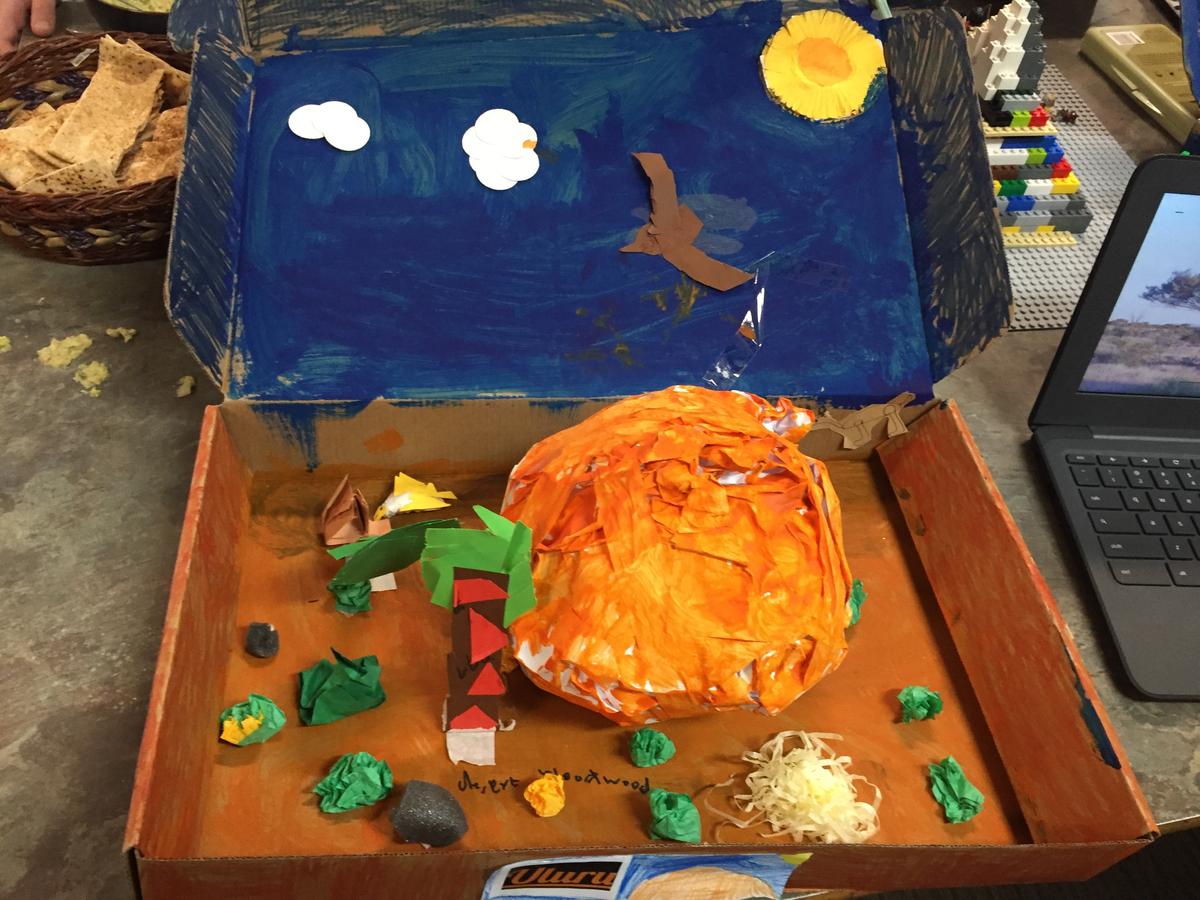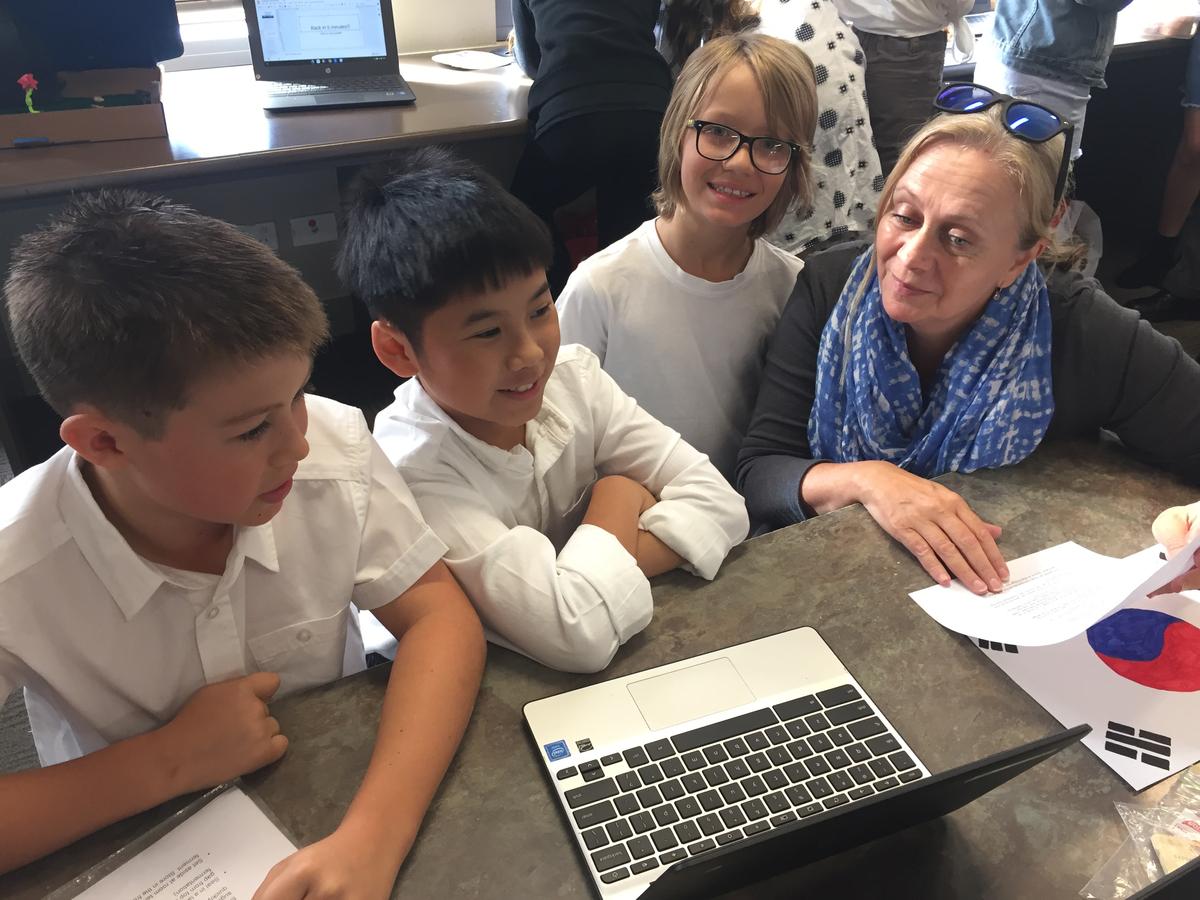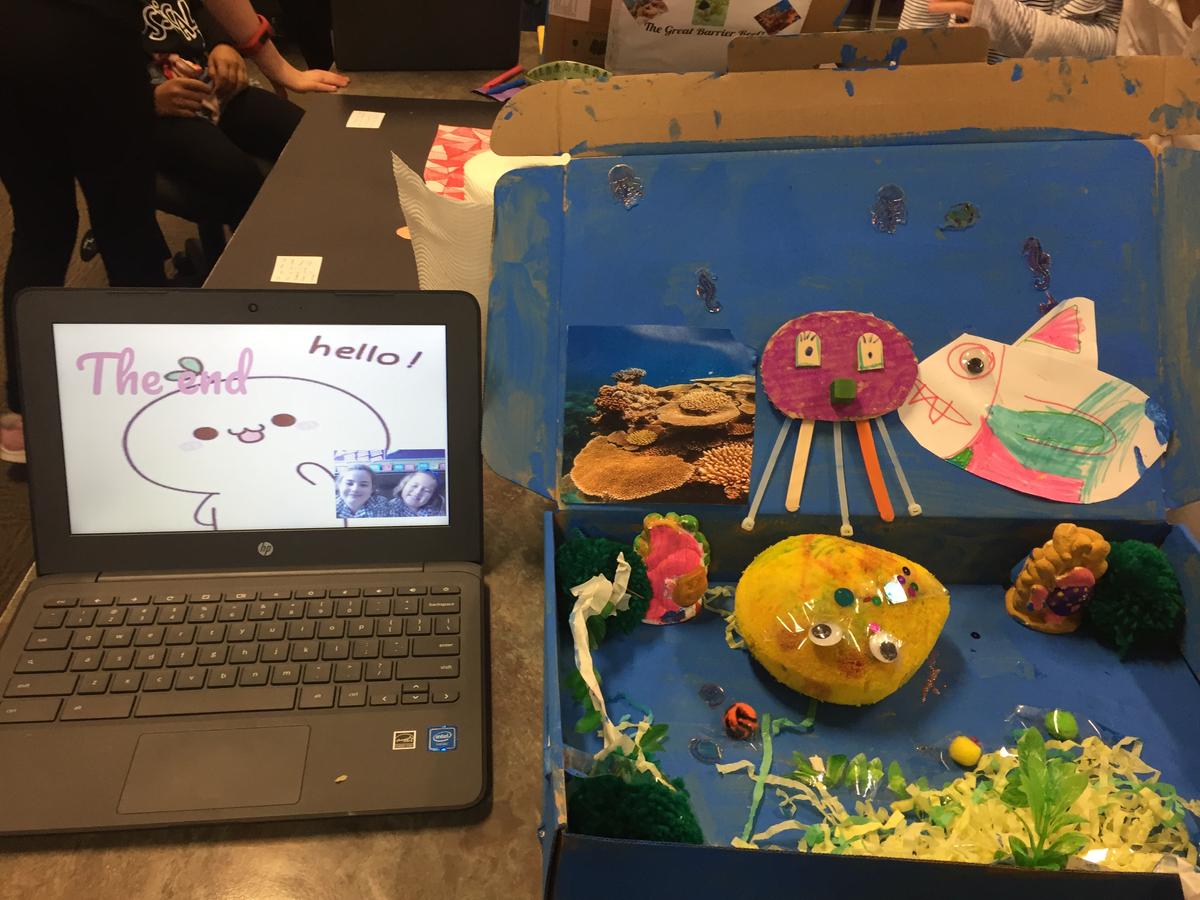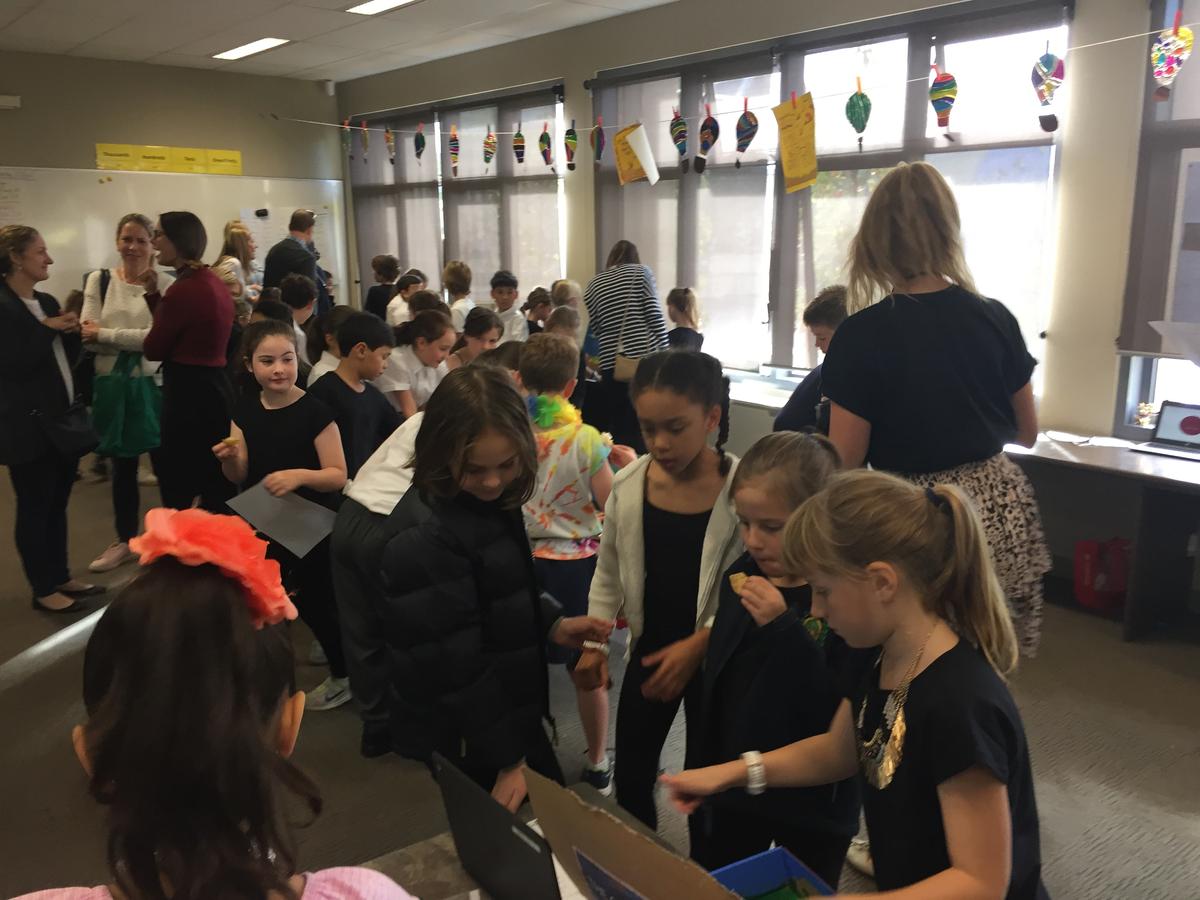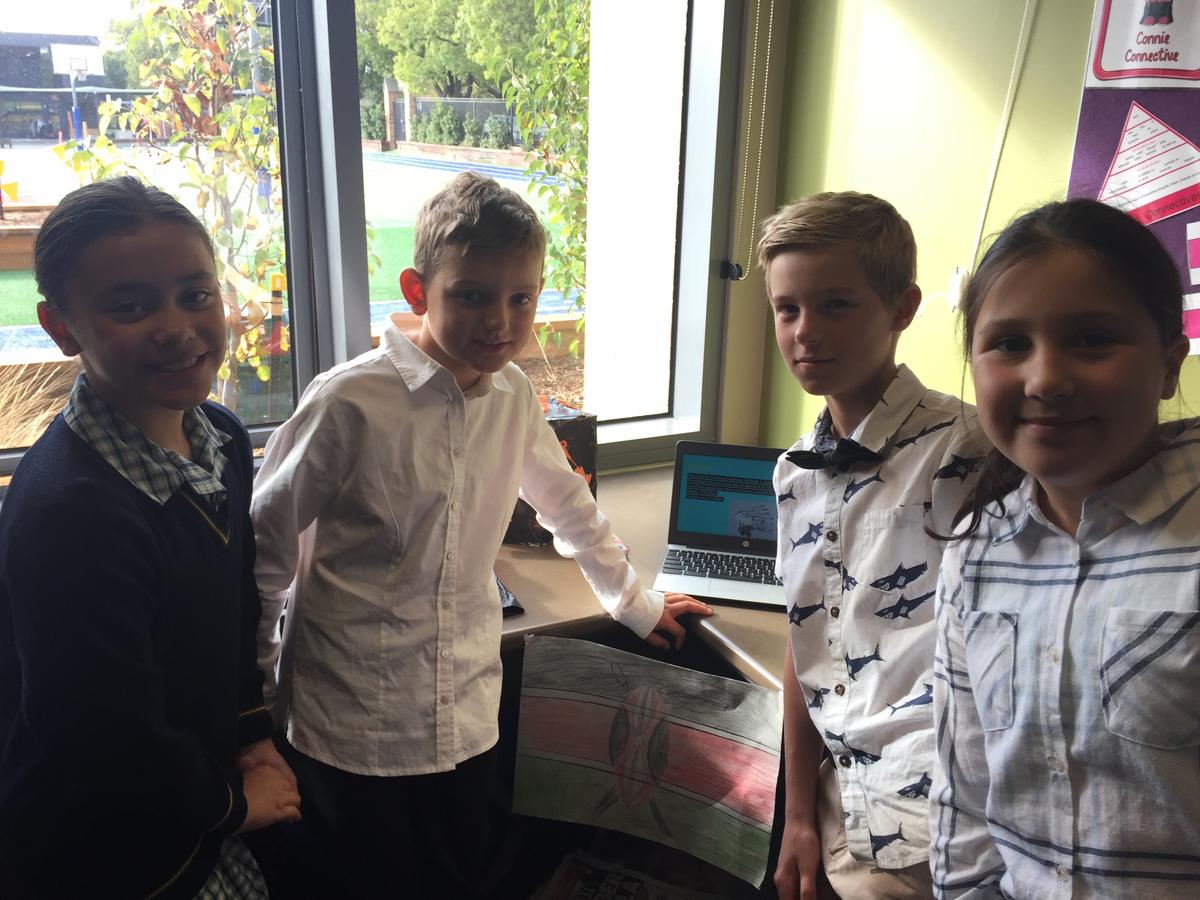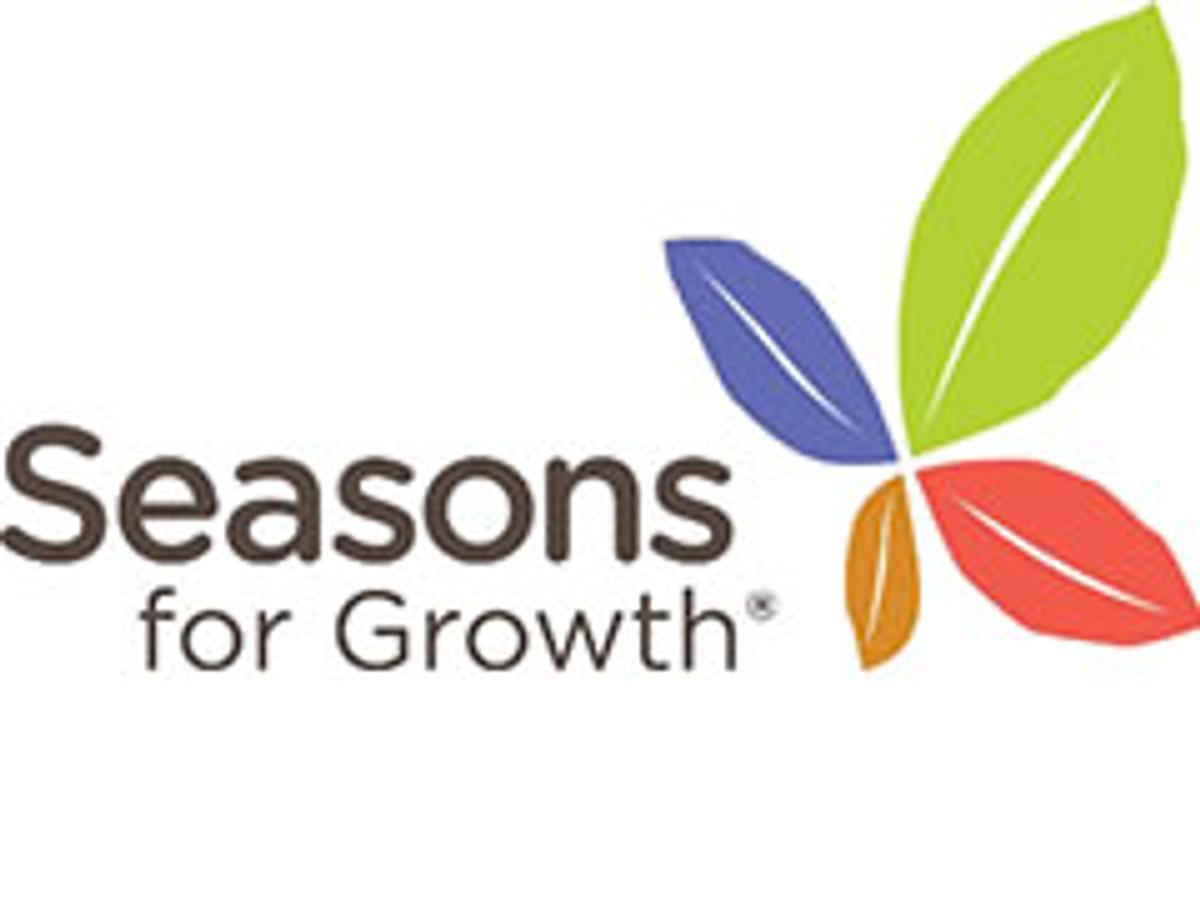Deputy Principals' Report
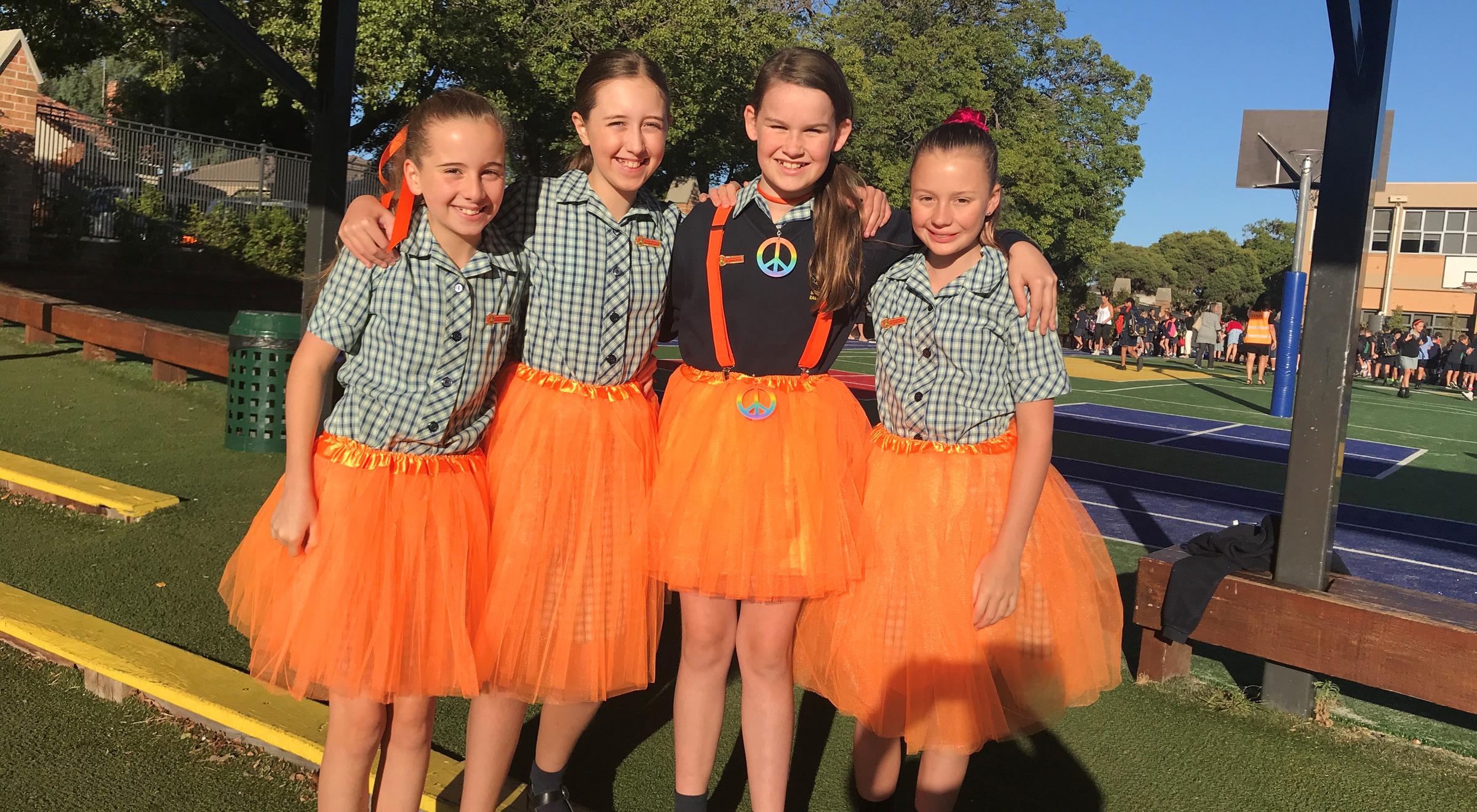
Dear Parents and Friends,
It has certainly been a busy term and will end with a bang as we join together on Friday for our end of term Mass and annual walkathon before the final bell at 1:50pm. Our classes have already covered an incredible amount of work this term. Our formal learning is balanced by our amazing specialist program, excursions, incursions, camps, swimming and so much more. Of course there is as much learning that happens informally for our children...life lessons on the playground cannot be underestimated. Our children develop their social skills, their problem solving skills and build their resilience as they negotiate their friendships tackling the ups and downs that are essential aspects of their self development. We have included some information below on the importance of play for our childrens' mental wellbeing; this information has come from BeYou, an initiative designed to support children and young people's mental health. We wish you all a safe and relaxing holiday and look forward to seeing the children return ready for another busy term on the 23rd April.
The importance of play, especially with the holidays coming up
What is play?
Play can be pretending, learning a new skill, dressing up, being active or being quiet. Play can involve other children or be alone. Adults can join in if they’re invited – in fact, young children often love to play with close adults. Children decide what to play and how to play. Play is their time to be free and enjoy. It’s their language, their work and their relaxation.
It’s for all children, of all ages from birth on, and of all abilities.
Unstructured, free play is the best type for young children
This is play that just happens, depending on what takes the child’s interest at the time. It isn’t planned and lets children use their imagination and move at their own pace.Examples of unstructured play might be:
- creative play alone or with others, including artistic or musical games
- imaginary games (for example, making cubby houses with boxes or blankets, dressing up, playing make-believe)
- exploring new or favourite play spaces like cupboards, backyards, parks, playgrounds and so on.
You can be part of a child’s unstructured play – or not
Sometimes all you’ll need to do is point them in the right direction – say, towards the jumble of dress-ups and toys on the floor, or to the table with crayons and paper. Sometimes you might need to be a bit more active – for example, “How about we play dress-ups? What do you want to be today?”
Structured play is different.
It’s more organised and happens at a fixed time or in a set space, and is often led by a grown-up. Examples of structured play include:
- swimming lessons – you might see these as important lessons for your child, but they might just think they’re fun
- storytelling groups for toddlers and preschoolers at the local library
- dance, music or drama classes for children of all ages
- family board or card games
- organised team sports for older children, like basketball, netball and football (taken from Be You https://beyou.edu.au/)
The importance of play for mental health
Through play, children can make sense of their world and practise for their future.
Play is essential for children. It helps them to:
- build confidence
- feel loved, happy and safe
- learn and develop new skills – including social skills, language and communication skills, physical skills and emotional skills
- learn empathy.
Play is vital for children’s mental health and wellbeing
It supports the development of skills, attitudes and sense of self (discussed above) that are known to be protective (for example, social competence, good coping and problem-solving skills, resilience, connectedness and the availability of support at critical times). The development of these skills, however, requires adult intervention at critical times for social learning. Most children need help to negotiate these things, and you need to be aware and available to help when needed.
This might be achieved by:
- being nearby to help a child feel safe, included and able to talk about how they feel
- providing encouragement to a child to get started or to feel comfortable enough to join in
- ensuring the play is inclusive
- watching and commenting occasionally on what’s happening – which can help children to notice how their behaviour might be affecting others and to develop empathy.
As well as providing pleasure and joy, play can also lead to children feeling negative emotions such as hurt, disappointment or frustration – both in individual play and in social play with other children. A child’s need for belonging or power can become hurtful either to themselves or to others. This can lead to children being excluded or excluding others. Your supervision and guidance are important to protecting young children’s wellbeing.
Learning and Teaching - Years 3 and 4 Geography Expo
This term our Year 3 and 4 students' Faith Life units have had a Geography focus, learning about Australia and the World as 'Our Common Home'. This culminated today in an Expo for the children to showcase their learning from throughout the term. In groups, the students had prepared a presentation and diorama explaining the main features of a country or an Australian landmark. The food samples from various countries were especially popular! It was wonderful that so many parents were able to attend and there were many positive comments from parents who were impressed by the students' knowledge and presentation skills.
Seasons for Growth
Next term we are offering Seasons for Growth an innovative change, grief and loss program that uses imagery of the seasons to illustrate the experience of change, grief or loss. This program was first developed 20 years ago and has been revised and updated to incorporate new evidence and ensure that it continues to provide relevant and valuable experience for participants. Please see the sheet for more information. To access this service or ask any questions please speak to your child’s teacher or you can contact Cathy Ferrari ~ Deputy Principal and Student Wellbeing Leader who will provide you with details on how to refer your child. cferrari@sfbrightoneast.catholic.edu.au
Peaceful Kids program
Next term we are offering Peaceful Kids on a morning before school. We are fortunate to be able to offer Angie Sloan, a qualified and experienced counsellor working with children and their families.
Peaceful Kids’ is a Mindfulness and Positive Psychology based program to lessen anxiety and stress and increase resilience in children. The program gives children the skills, practice and support to utilize coping strategies that lessen the symptoms of anxiety and stress. The program also involves parental involvement and commitment to supporting the strategies at home.
Please see the attachment for more information and how to contact Angie.
Cathy Ferrari and Michelle Hill
Deputy Principals

